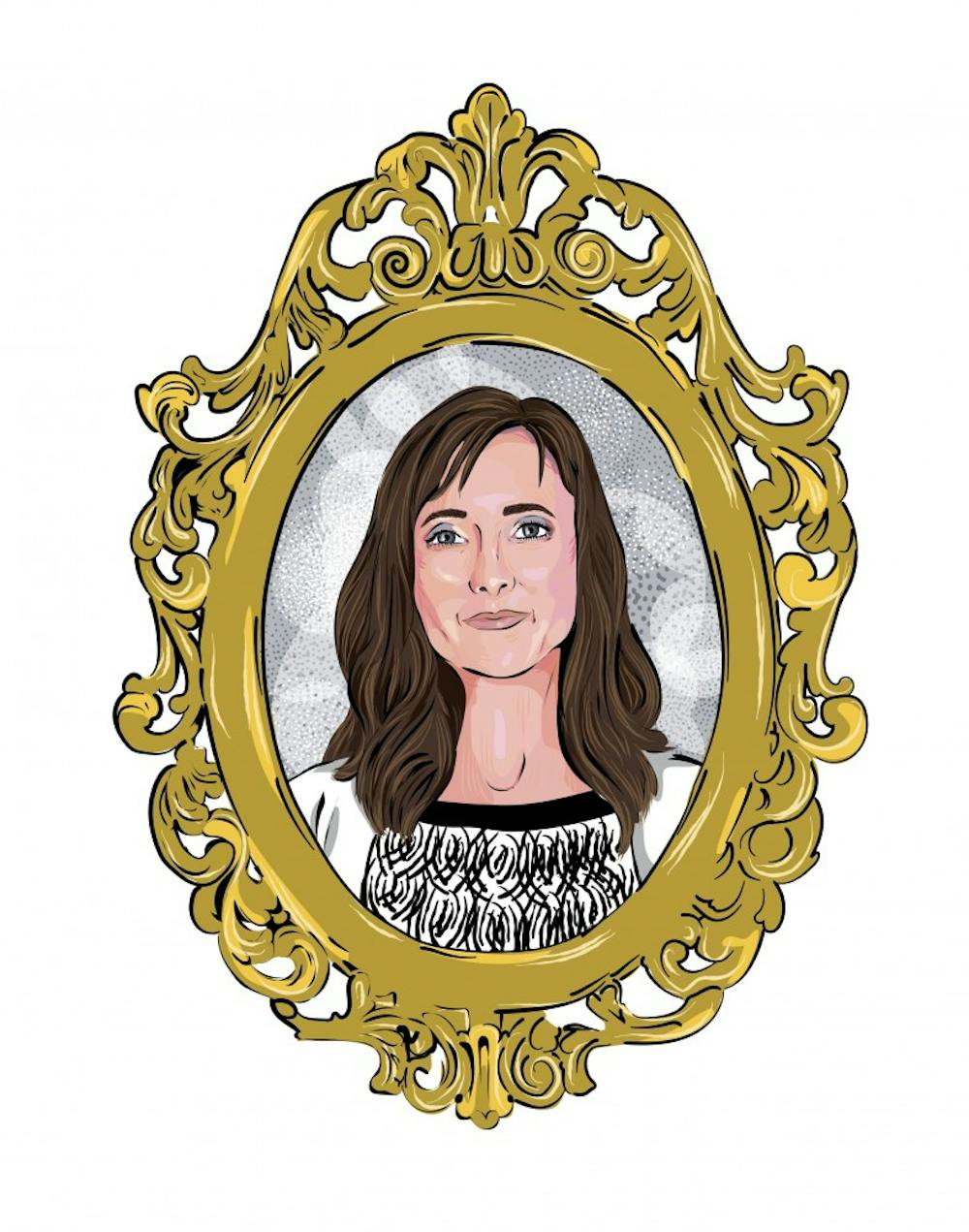In 1986, Heather Coleman embarked on a journey that many still consider a rite of passage for young adults today: she began her undergraduate degree. Studying music at Oklahoma Baptist University, Coleman dove headfirst into her college degree as an 18-year-old. However, her life quickly became complicated. Coleman met somebody, got married and had children, and eventually dropped out of school. Now, 32 years later, Coleman again is in the midst of pursuing an undergraduate degree.
Coleman is a student in Palmetto College at USC, an online degree-granting program, and is a part of the growing population of nontraditional students in the United States. Initially, going back to college after many years away was daunting for Coleman: “I still remember the first day I set foot on Midlands Tech Campus, after 20 years of not being in college, and I was terrified.” Coleman has been slowly working towards her degree by taking just two classes a semester, and by the time she graduates in 2020, it will have taken her almost ten years to complete her degree. Over the years, however, Coleman has grown to love being a student again. “I wanted to go, and so I just kept going, and every year it got a little easier. So now, I’m not afraid – I love it,” she says.
In her effort to earn her Bachelor of Arts with an emphasis in Liberal Studies, Coleman has taken many classes both on campus and online. She concedes that each type of class has its own advantages and disadvantages. In taking classes on campus, “I’m usually the oldest person in the class,” Coleman admits. The expectation for younger college students makes it difficult for older students like Coleman to relate to others in the classroom.
“Sometimes I was able to sit beside someone who was roughly my age and help each other through the class, but a lot of times when it was me and 18- and 19-year-olds - I couldn't connect,” Coleman says.
Online courses, on the other hand, tout flexibility but are too impersonal for Coleman: “Online is much more convenient, [but] it’s not as personally enjoyable, because you don’t have the campus [or] the classroom experience. I love walking around the USC campus, so I miss that.”
The age difference of traditional classes and the isolation of online classes encompass one of the largest obstacles of being an older student for Coleman. “I had this epiphany that I’m an excellent student, I work hard, but I don’t know anyone,” she says. Finding a community among nontraditional students has been nearly impossible for her. However, she hopes to change that.
“I actually hope to do something ... to help create some connection there. It’s never gonna be the same, because some of us are in Columbia, some are in Georgia, some are in Texas … but just to have a little bit of personal connection,” Coleman says.
As for Coleman’s reason for going back to school, her passions lie in making sense of the world around her: “As I’ve gotten older … I’ve become fascinated with how people work … just kind of stumbling into a sociology class and being amazed to discover that there’s this system of society that influences us — that was just really eye-opening for me.”
Coleman’s interest in sociology is the driving force behind her career goal: helping women. “Especially in more conservative regions like the South, I think [women] have hurdles … there’s a mindset that comes with the South, and especially Southern-type Christianity. Even [for] women who aren’t Christians, [religion] still influences society. It has potential to hold women back or even harm them,” says Coleman. Upon the completion of her degree, Coleman expresses interest in counseling, therapy or even working with other nontraditional students to empower women.
Working a full-time job and raising children while at school, Coleman has become well-acquainted with some of the pressures that are unique to the nontraditional experience. “As an adult ... it’s all on you. Finances are on you, your livelihood, just paying your own bills, managing life,” Coleman explains. Despite these added difficulties, she remains an advocate for the value of education at any age.
“Whether it’s men or women who are 25, 45, [or] 55 [years old], education is hugely powerful, something that can help someone become a better version of themselves," she says. "It pushes you and stretches you and grows you in a really important and valuable way.”
When it comes to others who may be considering returning to school, Coleman has one piece of advice: “It’s just worth doing.”



